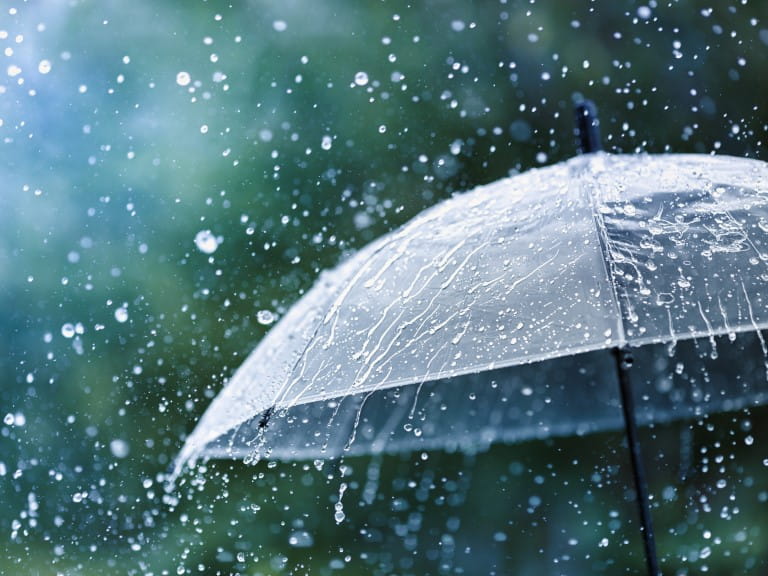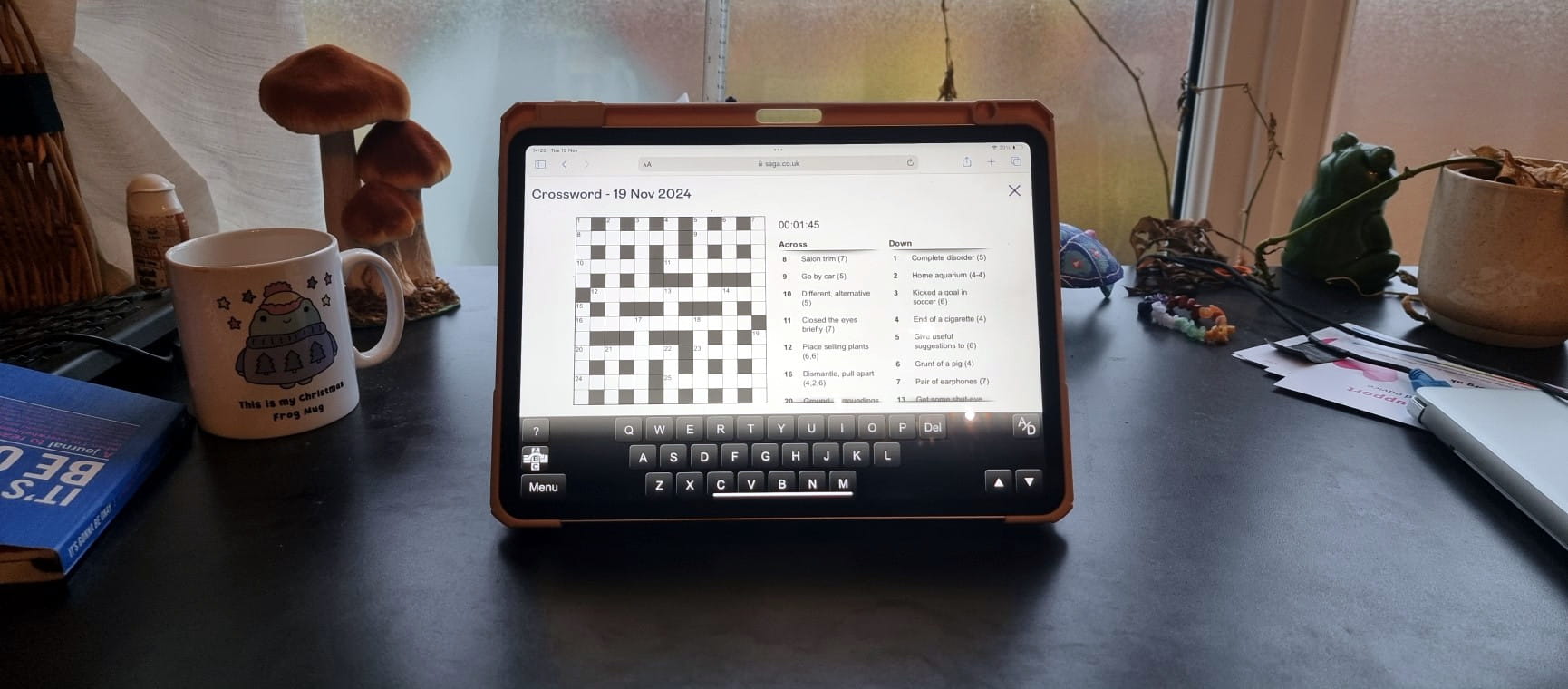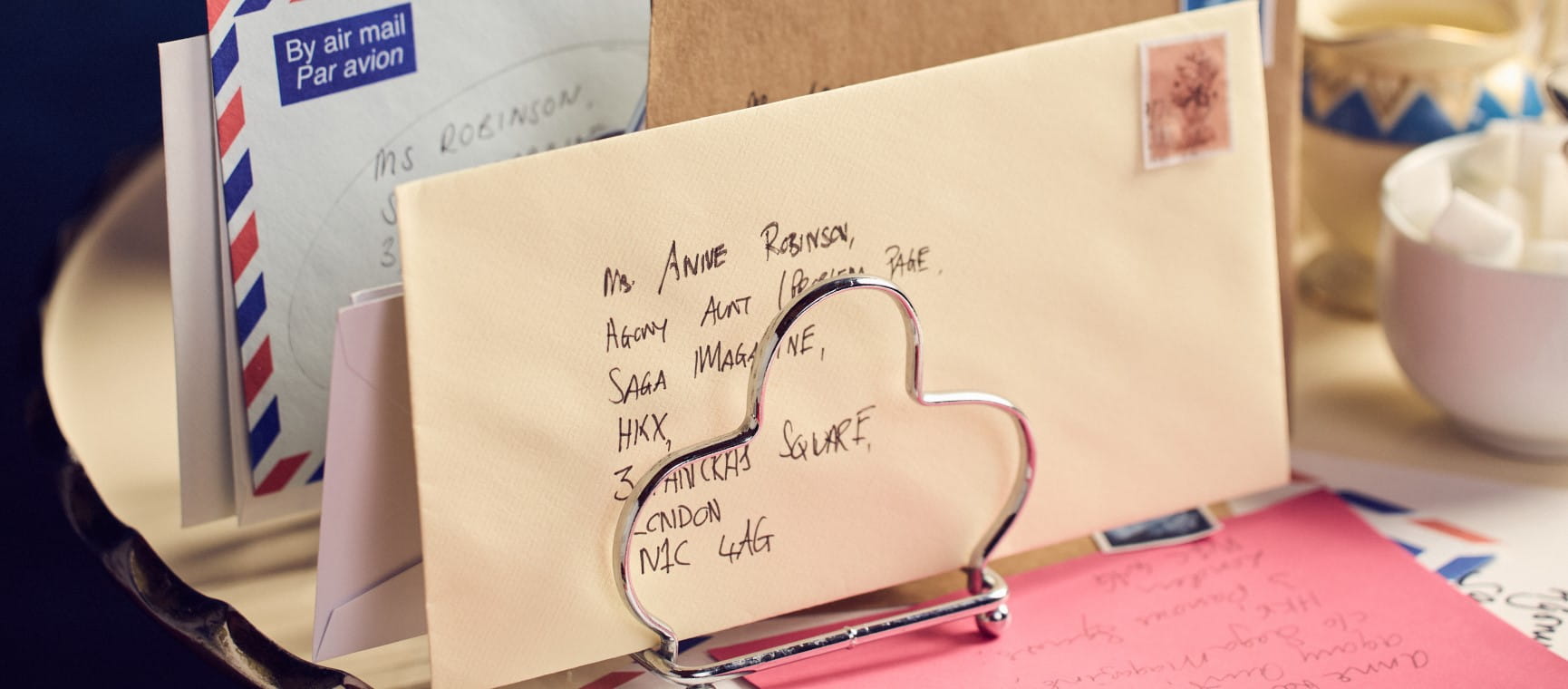
Thanks to the dictionary, I now know I’m a ‘whiffler’.
This very old term essentially describes someone who blows this way and that and can never quite make up their mind – as in the old joke: "I used to be decisive, but now I’m not so sure".
My kind of whiffling thankfully applies to just one area of life, though it’s a big one: the weather, and what to wear for it.
Every morning, I hesitantly look out of the window, glance at my weather app and stride confidently over to my wardrobe, only to stand there for 10 minutes pondering precisely which outfit will cater for lurches from sunshine to rain, and from Baltic to Saharan.
The British are, of course, obsessive about the weather, but this is surely heightened by our climate’s increasing inability to settle for more than 10 minutes
This vacant staring is akin to the one that occurs when you visit the fridge for the umpteenth time in the hope that something appetising will miraculously appear.
In this case, the dilemma is usually more pressing, and I end up bundling various layers into my bag and setting off into the unknown.
The British are, of course, obsessive about the weather, but this is surely heightened by our climate’s increasing inability to settle for more than 10 minutes (thanks frequently to the darker developments we are all aware of).
At the time of writing, the week has been characterised by skies that the Scots once called ‘flenched’: they promise to improve, but never actually do.

It comes as no surprise that our lexicon for weather and all its changeability is vast. The priority, it seems, is vocabulary for rain.
In the wonderful English Dialect Dictionary, there are more than 40 words meaning ‘to drizzle’. My favourites include ‘mizzling’, a uniquely misty kind of drizzling, and ‘smirring’, a drifting rain so fine it resembles a wisp of smoke.
‘Hadder’, from Cumbria, is a lovely riff on the word ‘heather’, because this is a shower of feathery lightness
But sometimes it does a lot more than drizzle. Have you, like me, ever been ‘thunderplumped’? This glorious word from regional dialect describes a heavy downpour of fat raindrops that soaks you to the skin in seconds.
If actual thunder is involved, this is also known as a ‘cowquaker’: a cloudburst so dramatic and sudden it makes every animal tremble.
The solution is to wear a raincoat everywhere, but all too often I fall prey to what Douglas Adams and John Lloyd, in their glorious Meaning of Liff, call the ‘fladderbister’: the part of a coat that trails out of a car once you’ve closed the door on it.
Occasionally, we can do no better than to say, ‘it’s raining cats and dogs’: a curious expression that has attracted many explanations, but certainly not the strangest.
The Welsh say mae hi’n brwr hen wragedd a ffyn; ‘it’s raining old women and sticks’, while in Germany, es regnet Schusterjungen means ‘it’s raining cobblers’ sons’.
It comes as no surprise that our lexicon for weather and all its changeability is vast. The priority, it seems, is vocabulary for rain
Of course, showers during a hot summer are often really welcome. I’ve mentioned in this column before the magic of ‘petrichor’: the unique smell of scorched earth after a long-awaited spell of rain.
And English does cater for blistering heat too, when the air turns ‘swullocking’ (stifling or, as they say in Hull, ‘mafting’). These are the ‘dog day’ afternoons, ones of supreme idleness that are not inspired by our pets seeking out the shade, but by Sirius, the Dog Star, which rises and sets with the sun in the northern hemisphere.
Whatever the British weather, it can be so fickle that I find myself longing to perform an outfit change like Wonder Woman, by spinning on the spot and making the outer layers magically fall away.
Until then, it will be wardrobe-gazing for me. Perhaps ‘Wonder Whiffler’ will eventually catch on.

Every issue of Saga Magazine is packed with inspirational real-life stories, exclusive celebrity interviews, brain-teasing puzzles and travel inspiration. Plus, expert advice on everything from health and finance to home improvements, to help you enjoy life to the full.

The ultimate guide to Saga Puzzles, full of technical tips, tricks and hints.

With the start of the new financial year on 6 April, our money expert explains the changes to your pension, benefits and taxes.





